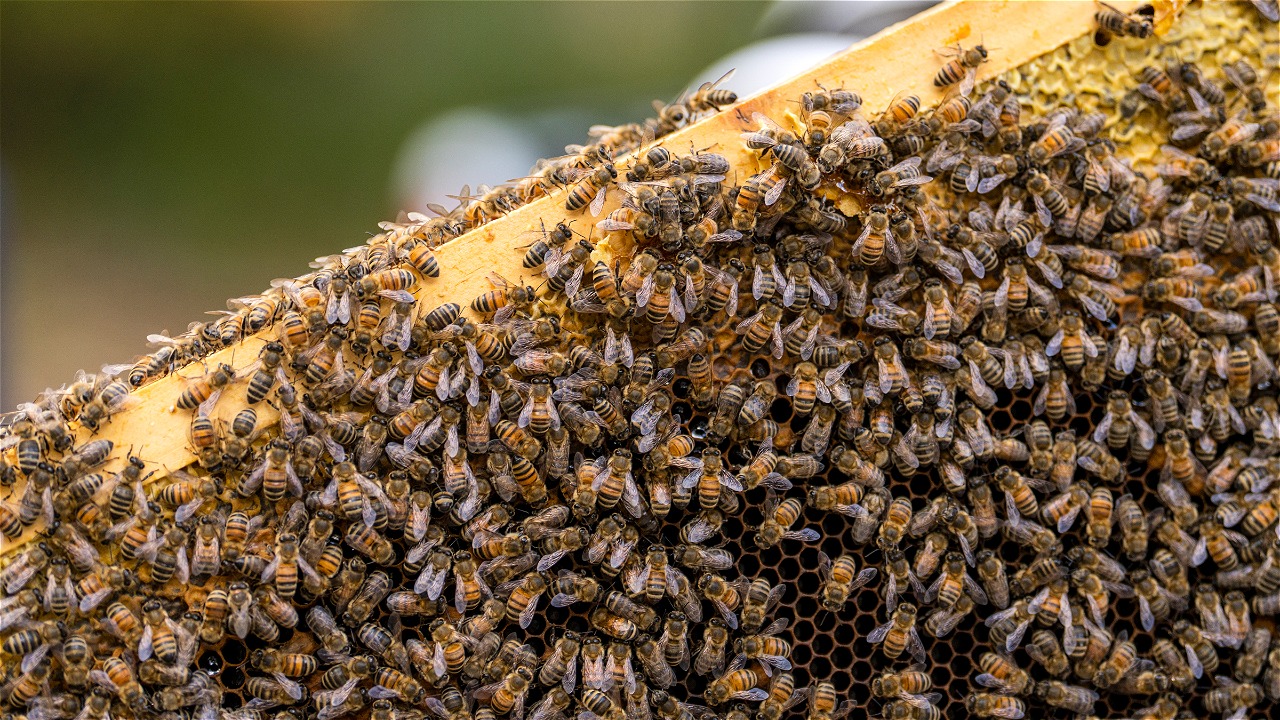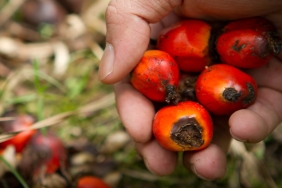WWF INITIATED HONEY FARMERS ASSOCIATION IN TESSO NILO
By: Masayu Yulien Vinanda
Pekanbaru (14/06)-The low price of Tesso Nilo honey in local market encouraged WWF-Indonesia Riau Program to initiate The Tesso Nilo Honey Farmers Association (APMTN). Before the association was established, the products only reached 15-20 thousand rupiahs per kilogram. This happened due to the lack of coordination between the honey farmers in Tesso Nilo. Now, the association manages to absorb the honey by 33 thousand rupiahs per kilogram.
“When we delivered this initiative to the local community, they positively hailed it. As a result, on January 2010, the association was legalised under Notarial Act, all business permits have been completed such as Business Trading License (SIUP), Nuisance Permit (HO) and Business Location Permit (SITU). To date, the association comprises three villages, Lubuk Kembang Bunga, Air Hitam, and Gunung Sahilan,” said Community Engagement Module Leader for WWF-Indonesia Riau Program Adi Purwoko.
According to him, the association carries vision of increasing product quality of Tesso Nilo honey, developing the economic potential of forest honey and forest stands of sialang trees by focusing on the health and work safety of Tesso Nilo honey farmers and the forest sustainability.
Working with the association, WWF-Indonesia Riau Program has conducted training of Internal Control System (ICS) and collaborated with BIOCert, an inspection and certification body for organic and eco-social products to conduct workshop of good honey processing. It was done to help the farmers get certification for organic honey which has become market’s demand.
Through ICS program, WWF gave assistance starting from the harvesting to packaging process, for instance encouraging honey farmers not to destroy the “anakan” (“child” of the parent tree)while harvesting, helping them control the water level of the honey, and conducting packaging training. Moreover WWF assists to link the farmers with local market including the Indonesian forest honey farmers in various places in Indonesia.
“The farmers are used to extract honey using their bare hands. This is not hygienic. Although it was hard to change their ways of extracting honey, slowly they started to use mask, gloves, and clean containers,” Adi explained.
Members of the association admit the existence of the association has helped them a lot. One of them was Suryadi, a honey farmer from Air Hitam village. He believed that since he joined the association, his product was able to reach its best price.
“I expect the association is able to increase the economy of local people particularly the honey farmers. On behalf of honey farmers association in Air Hitam, we would like to express that we are grateful for the great support and assistance from WWF. We hope WWF will continue giving us assistance for the upcoming years until we, the farmers, succeed,” he said.





